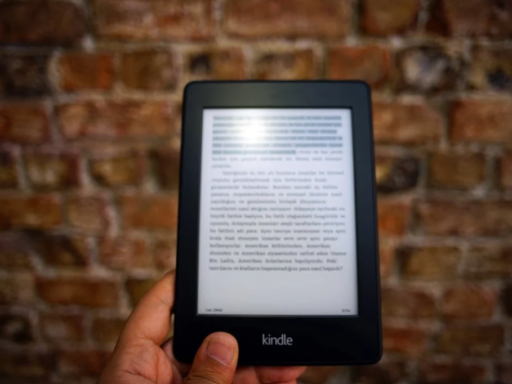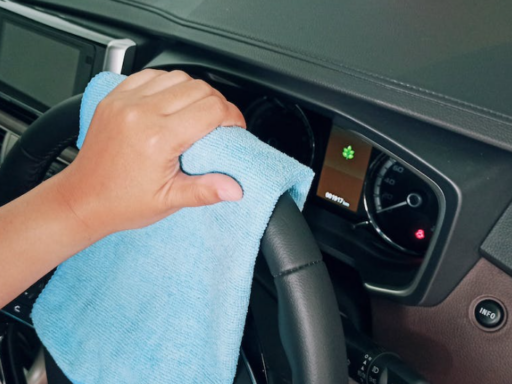How to choose the best phone for YOU
Somehow, it seems funny how often this question is inserted into any conversation. It’s like the classic debate of “Pepsi vs. Coke” people moored over in the 90s, but only set in the new digital world. So what’s the right answer, then? The truth is, there is no definitive winner.
Let’s see why.

Device Variety and Customization
You can think of Apple’s iPhones as the James Bond of the smartphone world because of their stylish, sleek, and sophisticated look. The details are well crafted to make a polished and cohesive user experience. However, this elegance comes with a price – customization. You really can’t do much about it to suit your preference. Truly it’s a beautiful phone, but it’s the beauty of Apple, not yours. On the other hand, Android has a lot to offer compared to iPhone. From a wide range of devices from different manufacturers to different kinds of designs you can choose from. This open-source nature allows Android users to do extensive customization, whatever fits your unique style. It’s your phone, so it’s your rules.
App Store Vs. Google Play
Their app stores can also be a great point of comparison. Apple’s App Store is known for its strict quality control, which ensures a generally higher standard of apps to choose from. However, this means that there are fewer apps available for you. You can think of this as a high-end boutique. You are sure all of the stuff you can find are of high quality, but you only have limited choices.
In contrast, The Google Play Store is a busy market, offering a large variety of apps and more flexibility for developers. This just means that you have a high chance of finding more innovative apps here. However, this also means that you might download some low-quality items here, too. It may seem like a buffet of apps, but not everything in here is worth it. Check more about this below:
Security
When considering the security aspect, the closed ecosystem and stringent app vetting process implemented by Apple significantly enhance the security of iPhones against viruses and malware. This meticulous approach provides users with a high level of assurance, minimizing the risk of falling victim to malicious attacks. It’s akin to residing in a gated community where, despite having a slightly restricted freedom, the sense of security is paramount.
On the other hand, the open-source nature of Androids and the freedom it offers to users also extends to control settings over security. While this flexibility allows for a personalized experience, it demands heightened vigilance and caution from users to thwart potential digital threats. It’s like having the freedom to design your own living space, but with the responsibility of securing it against potential risks. In the realm of Android, the user wields more control, but this control comes with the caveat of being extra cautious and proactive in maintaining a secure digital environment.
In essence, the comparison between iPhone and Android security is not just a matter of preference but an evaluation of the trade-offs between a meticulously controlled environment and a more customizable, user-driven experience. Each approach comes with its own set of advantages and challenges, emphasizing the importance of aligning your choice with your comfort level, technical proficiency, and the extent of control you wish to exert over the security of your digital domain.
Affordability
It’s not a surprise that iPhones are way more expensive than Androids. The prices of the new iPhone models can exceed $1000. Quality really comes at a price, even on mobile devices.
Androids, however, have a wide price range, making them accessible devices to a larger audience. You can shop for a budget-friendly device, but you can also go fo high-end flagship models. You have options here from more economy-friendly ones to luxurious items.
Integration and Ecosystem
Another thing that sets iPhone apart is its ecosystem. If you have already invested in other Apple devices such as iPad or Macbook, then integration between these devices will be seamless. You can connect all your Apple devices and share files easily in just few taps.
This level of integration is not yet achieved by Androids, however, Google’s suite of productivity apps works great across multiple devices. You can still have integration between your Android devices, but on a lower scale and rather less seamless.

So, What’s The Better Choice?
The decision between iPhone and Android goes beyond a simple determination of which platform is objectively superior; rather, it hinges on the individual’s specific preferences and requirements. Much like the personal choices we make in selecting between tea or coffee, or opting for a canine companion over a feline friend, the decision between Android and Apple is deeply rooted in personal taste. In essence, the most optimal choice is the one that aligns seamlessly with your lifestyle and fulfills your unique needs.
Each platform, whether iPhone or Android, boasts its own set of distinctive features and functionalities. It’s akin to choosing between two flavors of ice cream, each with its own set of flavors and toppings. The selection process involves weighing the benefits and drawbacks, ultimately leading to a decision that resonates with your daily routine, preferences, and technological requirements. In this way, the choice becomes a tailored decision that complements your individuality, much like customizing your favorite dessert.

In conclusion, the iPhone versus Android debate is not a quest for an absolute winner, but rather a personal journey toward discovering the technology that seamlessly integrates into your life. The analogy of choosing between tea or coffee highlights the subjectivity of such decisions, emphasizing that the true victor is the one that brings joy and convenience to your unique circumstances. Ultimately, the key lies in aligning your choice with your personal taste and requirements, ensuring a harmonious integration of technology into your daily experiences.
The best choice is the one that suits your needs and lifestyle. So, the next time someone budges you and asks, “Is iPhone better than Android?”, you can surely answer, “It depends…”







